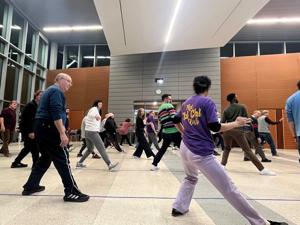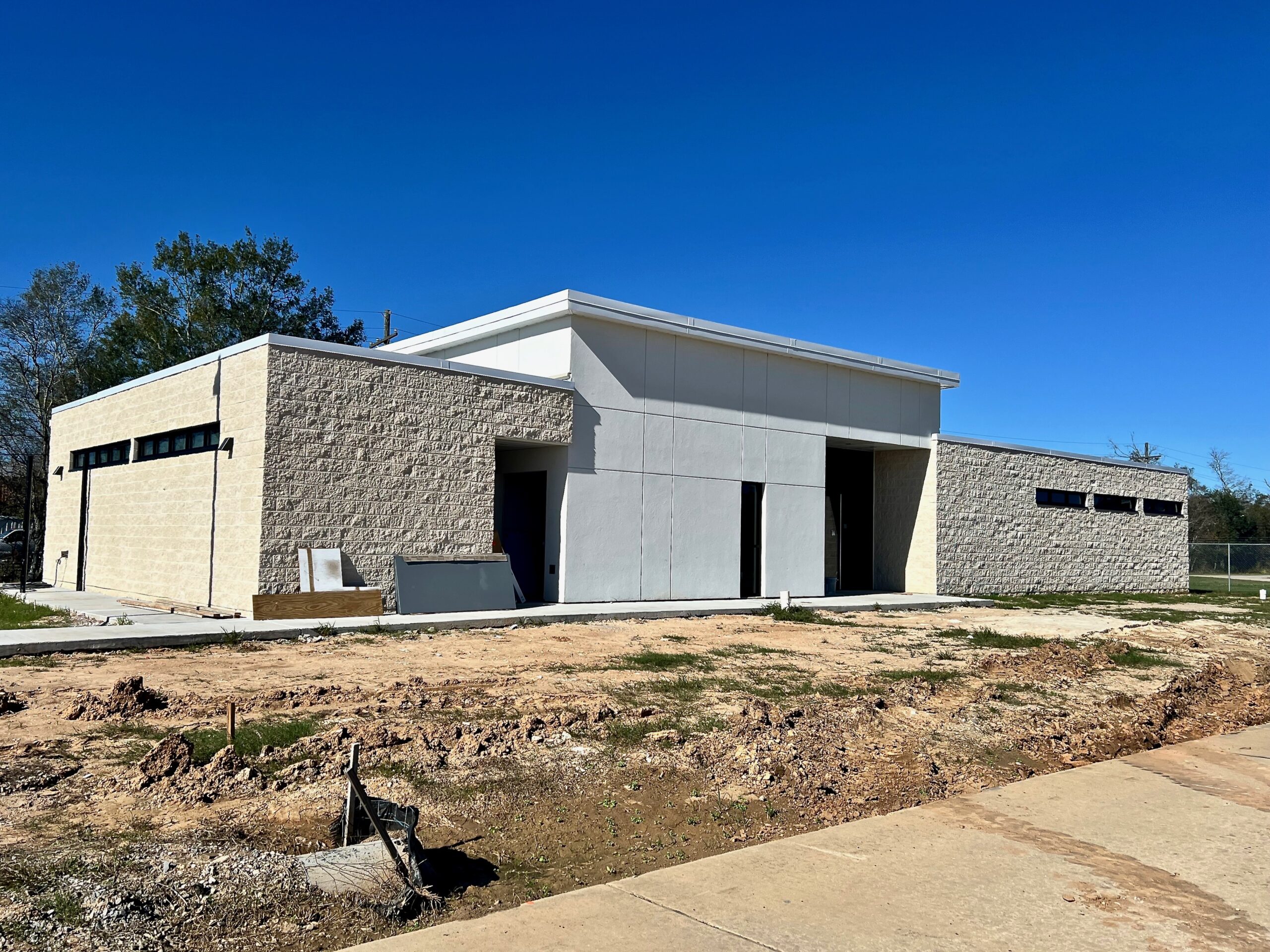
Residents of Baton Rouge are encouraged to support three propositions related to the “Thrive” plan in an upcoming vote on November 15. While the plan is designed to enhance community services, concerns have been raised regarding the potential impact on local library funding.
Melanie Hanley, a Baton Rouge resident and advocate for the public library system, expressed her dissatisfaction with city leadership for what she perceives as an exploitation of community resources. During a recent meeting with the Patrons of the Public Library, Hanley reconsidered her initial decision to oppose the Thrive propositions, which she felt were being presented without full transparency.
The East Baton Rouge Parish (EBR Parish) library system is considered by many to be one of the community’s most valuable amenities. Hanley highlighted that the library leadership had initially proposed a renewal millage lower than its previous rates. This renewal is critical as it is expected to provide necessary funding for the library’s operations. However, Hanley pointed out a troubling trend where $52 million in dedicated funds, accumulated over time for specific projects, is being redirected to address other parish needs.
According to Hanley, the funds intended for the library will not only be diminished by the lower renewal millage but will also contribute to financing other municipal services. A failure to pass the propositions could leave the library system without essential funding beyond the current year, potentially jeopardizing its operations.
Earlier this year, residents denied a request for financial assistance from the district attorney, illustrating the ongoing challenges related to funding local services. Hanley emphasized that it is often easier to pass a renewal tax than to implement a new one, suggesting that the current political climate may be manipulating the election outcome.
The library system, along with other essential services like mosquito abatement and the Council on Aging, has planned ahead to ensure their operations remain funded. However, as Hanley argues, they risk losing out to satisfy other parish commitments, including police salaries and additional city services.
As the vote approaches, residents are urged to consider the long-term implications of their choices. Hanley calls for a more equitable approach to funding, suggesting that the city must not find itself in this predicament again. The community’s support for the library could significantly influence its future and the quality of services offered to residents.







